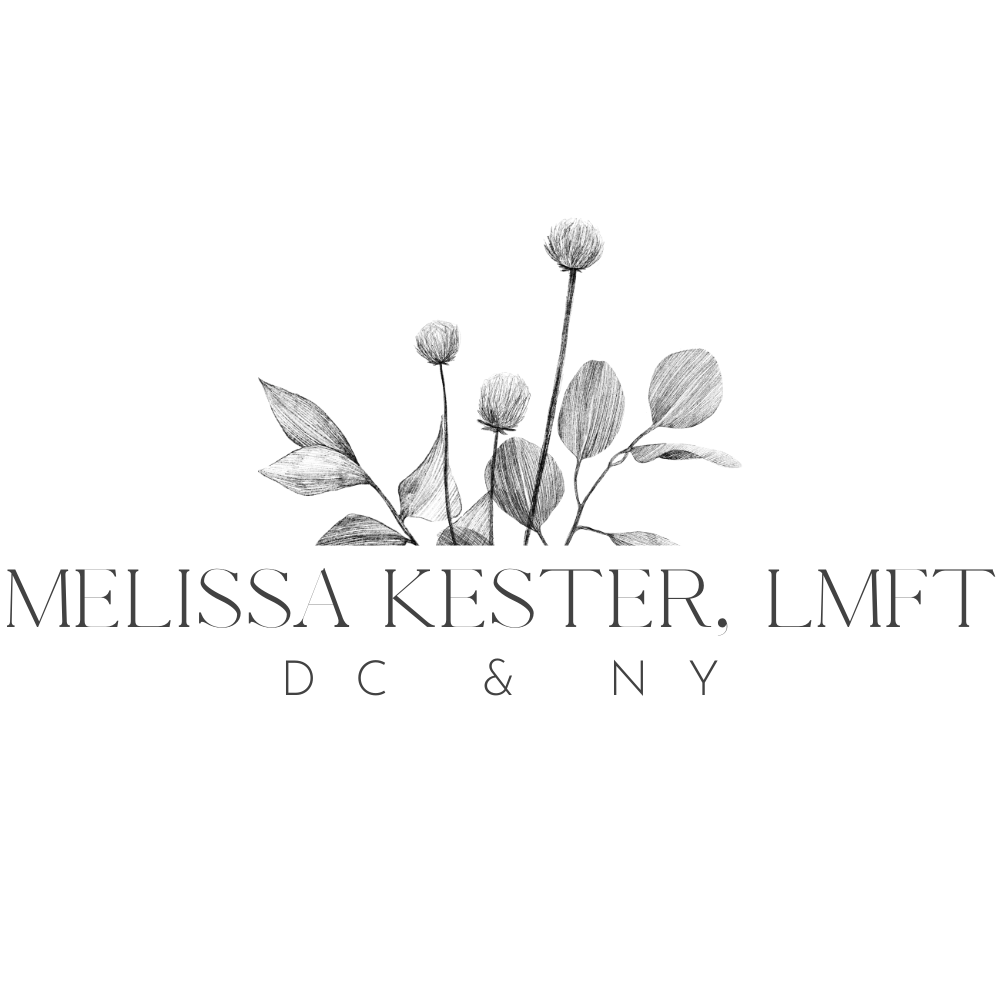The Pain of Infertility
Infertility has been a rising concern for our friends, family members, and our communities. Dealing with infertility can be an extremely stressful and painful experience. It has become a frequent issue for many of my clients and I am frequently looking for ways to speak about this issue in ways that will be supportive.
During this journey, I came across an article from Resolve that helps us understand the do's and don'ts when speaking to someone who is experiencing infertility. The article states "Infertility is, indeed, a very painful struggle. The pain is similar to the grief over losing a loved one, but it is unique because it is a recurring grief."
I can only hope that as we navigate this issue in therapy, in our families and in our community, that we do so with respect and sensitivity to help ease the suffering for the people we so dearly care for.
Below is a link to the full article.
http://www.resolve.org/support-and-services/for-family--friends/infertility-etiquette.html



